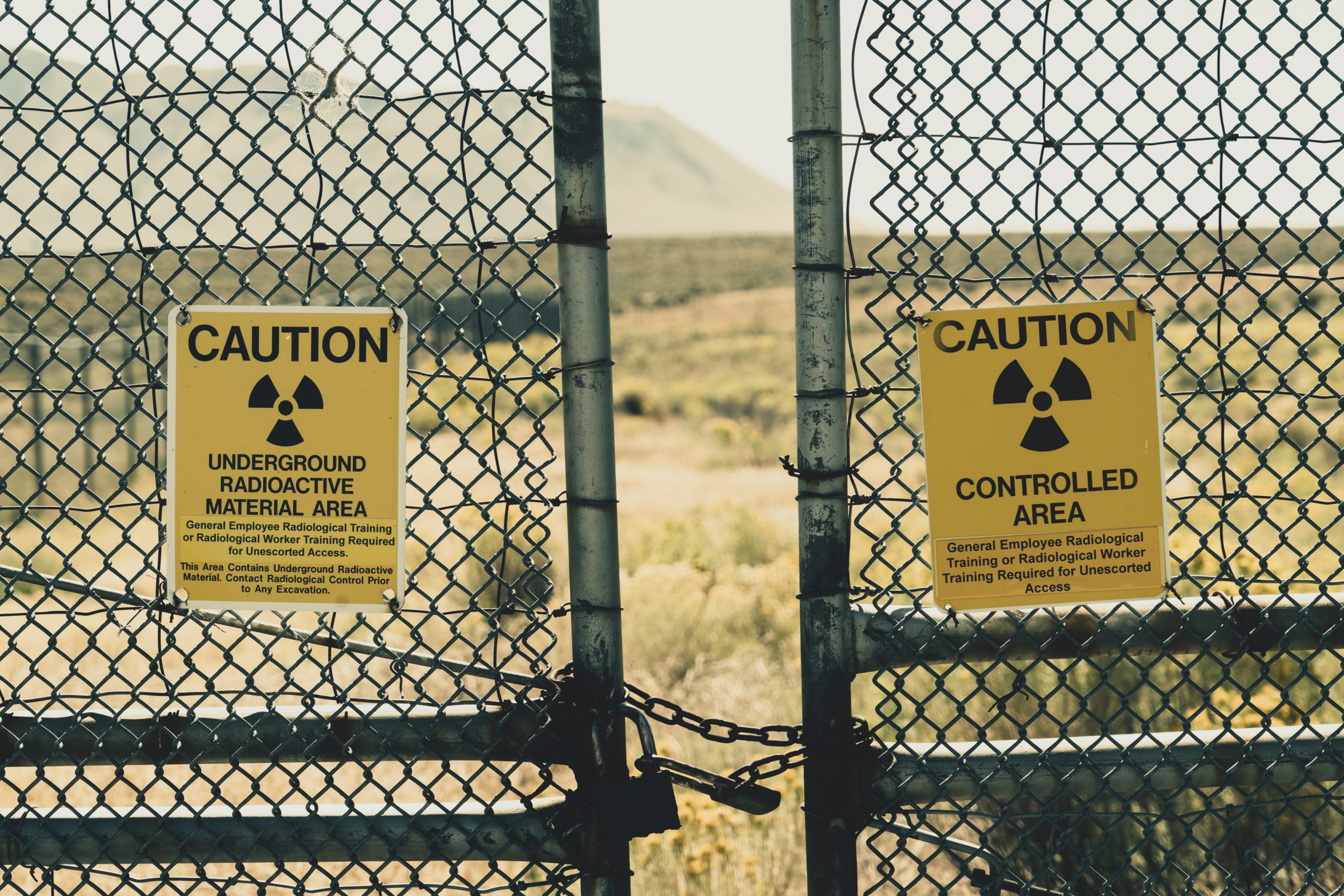Resource Constraints
It’s the name of the game in design. The container you’re tryna fit in dictates a lot of what you can and can’t do. A great designer can work wonders with serious resource constraints. But the same is not true in teaching.
As an educator, you hope for all that you need to educate your students. You hope for tomes of wisdom in the form of many, many current textbooks and you certainly expect desks and classrooms and the very basics, wouldn’t you? You would not be expected to overcome resource constraints like poor building ventilation, or lack of a heat source. Would you?
I interviewed a writing buddy of mine the other day who earns her living as a high school art teacher. We’re both working on memoirs, and writing regularly as a matter of urgency. Teaching pays the bills for her, and during our chat she recounted a twenty year successful career in educating students throughout The Bay Area and in Eastern Europe. She speaks three languages and has taught almost every subject.
She confessed that teaching was not a noble calling for her, but rather, a career that offered income stability and a steady, decent job, even in times of a recession. As I dug into the dirty stuff, so to speak, she recounted the kids-puking on you-stories, but also the even more brutal, teaching in American public and private school classrooms with rat problems, or toxic mold issues, asbestos, and several other unimaginable, unacceptable conditions for learning, or teaching, or anything really. I was aghast, and asked her how she put up with it. Judging by her answer, I must have sounded like a complete asshole.
Seriously, most of that stuff is only clear in hindsight, and I should know. I’ve left many workplaces with unsatisfactory conditions, without really being able to put my finger on exactly why, until much later. Call it culture, or ‘fit’ issues in corporate America. But in the classroom? I was probably being condescending, frankly. My friend didn’t seem to mind, nor notice and simply stated, “it is what it is, you just teach the best you can until it’s time to go home for dinner, you know?” She also expressed enormous gratitude to God, &/or The Universe, and her connections and good fortune for her ability to constantly find the next best gig for her at just the right time, thereby escaping horrid conditions and continuing to learn and grow as an educator. I was inspired by her light-hearted attitude, and the expression she ended our conversation with: “I know I’ve made a difference for some kids.”
That’s more than I can say, but there is a small part of me (likely the part that is the grand-daughter of a lifelong kindergarten and 2nd grade teacher,) that wishes I could’ve been//should’ve been a teacher. I can’t compare my choices with my writing buddy who teaches – hell, I’ve learned that to compare is to despair, on many levels. We all have our own professional paths and it’s hard to know what the route is, especially mid-career! I just wish that teachers were given more respect in the overall talk of the workplace/workforce. We didn’t even consider them front-line workers or talk about them as essential during COVID. (as much as we should have, IMHO) And my writing buddy, well – I know when her memoir comes out she’ll quit the teaching gig, and who could blame her. It’s almost by design.

